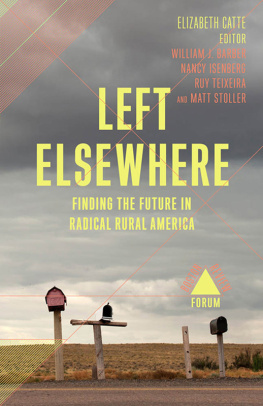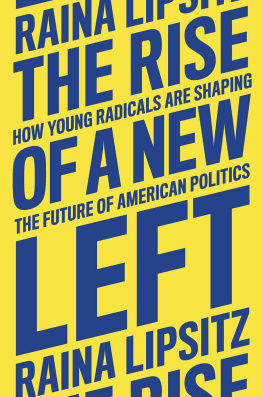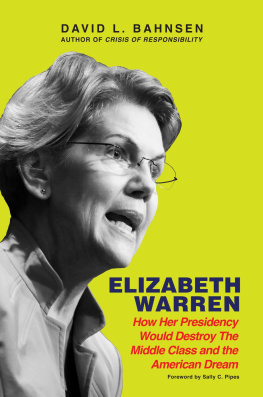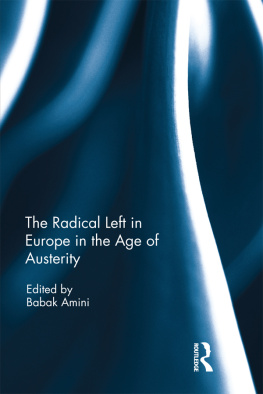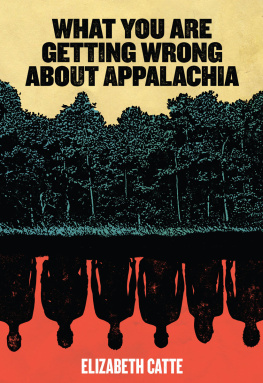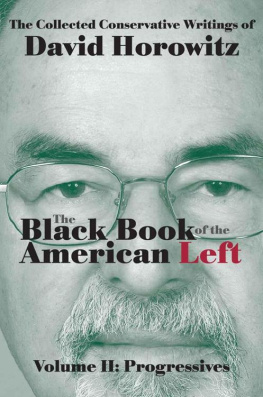Editors-in-Chief Deborah Chasman & Joshua Cohen
Executive Editor Chloe Fox
Managing Editor Adam McGee
Senior Editor Matt Lord
Engagement Editor Rosie Gillies
Editorial Assistant Spencer Quong
Publisher Louisa Daniels Kearney
Marketing and Development Manager Dan Manchon
Finance Manager Anthony DeMusis III
Distributor The MIT Press, Cambridge, Massachusetts, and London, England
Printer Sheridan PA
Board of Advisors Derek Schrier (chairman), Archon Fung, Deborah Fung, Alexandra Robert Gordon, Richard M. Locke, Jeff Mayersohn, Jennifer Moses, Scott Nielsen, Robert Pollin, Rob Reich, Hiram Samel, Kim Malone Scott
Interior Graphic Design Zak Jensen
Cover Design Alex Camlin
Left Elsewhere is Boston Review Forum 9 (44.1)
To become a member, visit: bostonreview.net/membership/
For questions about donations and major gifts, contact: Dan Manchon,
For questions about memberships, call 877-406-2443 or email .
Boston Review
PO Box 425786, Cambridge, MA 02142
617-324-1360
ISSN : 0734-2306 / ISBN : 978-1-946511-40-9
Authors retain copyright of their own work.
2019, Boston Critic, Inc.
d_r0
Editors Note
Deborah Chasman & Joshua Cohen
THE CARTOGRAPHY OF U . S . POLITICS has hardened into clich: islands of urban blue in a vast sea of rural red. In the recent midterm elections, however, rural working-class whites shifted their votes toward Democrats by seven points. (Rural people of color already largely vote Democratic.) To appreciate the magnitude of the shift, consider that Democrats picked up only two points among blue-collar suburbanites. Still, winning in rural districts will require the Democrats to make a fundamental strategic choice: Do you mobilize voters with a boldly progressive platform, or do you moderate the message in the hope of swinging some independents and Republicans?
From her vantage point in the Shenandoah Valley, historian Elizabeth Catte, our lead essayist, sees a failure of imagination in the way Democrats are approaching this strategic issue. Catte argues that a deep strain of rural radicalism is already workingwith some notable successeson environmental issues and the fight for a living wage. Moreover, she thinks mainstream, urban progressives have been on a fool's errand to try to understand the mysteries of red-state Trump Country. It would be far better, Catte says, for progressives to save their bubble-popping for moments such as this, when an opportunity emerges to better understand those closer on the political spectrum in those same spaces. The limbo we are trapped in compels white progressives to see themselves in a Trump voter rather than in a rural socialist or communist.
Left Elsewhere grabs this opportunity by putting rural progressives in conversation with their urban cousins. The responses to Catte are varied and passionate. Taken together, they represent a compelling engagement with this important political challenge.
Other essays in the issue provide context for this engagement. In rural Ohio, we see an educator conflicted about being recruited by his district to carry a concealed gun at school. In Louisiana and Mississippi, Robin McDowell and Makani Themba share stories of contemporary organizing informed by the long history of black resistance in the South. In Tennessee and Kentucky, Lesly-Marie Buer shows how radical tools first developed by marginalized groups are proving most successful in combatting the opioid crisis. And in North Carolina, William Barber explains why the South holds the key to transformation in this country.
Left Elsewhere was prompted by an immediate political challenge. But it opens up a larger set of issues about how to rethink U.S. politics by linking rural and urban values and experiences. It starts a conversation that will, we hope, continue long past 2020.
December 21, 2018
Left Elsewhere
Elizabeth Catte
WHEN MY GRANDFATHER was a child, his stepfather would bring him along as he sold moonshine to poor working men in southwestern Virginia coal country. The men adored my grandfather, who was not yet even school age, for his talent mocking Democrats. He told me this story on a few occasions to explain, I think, the inevitability of his later affiliation with the Republican Party. He was a Republican in much the same way that I am a Democratvoting a ticket with little enthusiasm every few years and sometimes not at all.
When I consider that story now, I find myself thinking less about my grandfather and more about the men who laughed at his jokes. What were their politics? Not all were the predecessors of today's Republicans, as we might imagine them to be. In Appalachia, so-called mountain Republicans comprised an old vanguard of anti-secessionists who thought of themselves as particularly enlightenedheirs, they imagined, to the legacy of Abraham Lincoln. My grandfather belonged (or at least aspired to belong) to that tradition. His audience might have consisted of Democrats, who enjoyed hearing their abuses repeated in the mouth of a child. But it is more likely that they would describe themselves as without politics, just laughing at the powerful and self-important. For a long time, it did not occur to me there were other possibilities.
My wider view of politics in Virginia's coal country changed when I discovered that the publisher of my grandfather's local community paper, Crawford's Weekly , was a communist. And not just a communist in print, but a shot-while-inciting-class-war, sabotage-the-New-Deal-from-within, run-for-local-political-office-on-a-platform-of-a-producer's-republic communist. His name was Bruce Crawford, and when my partner, also from southwestern Virginia, discovered his writings, we read them aloud to each other as though they were letters from an eccentric uncle.
Our favorite piece of his writing comes from the pages of the New Masses , a U.S. Marxist magazine that flourished between the world wars, where he announced in 1935 that he had killed his own paper because it interfered with his politics. It was too radical for its bourgeois customers, Crawford wrote from Norton, Virginia, and not radical enough for me. Like capitalism, it was full of contradictions. Hence it could not go on. The essay, Why I Quit Liberalism, is an exceptional piece of early #quitlit, with the same indulgent qualities. If I get shot in the leg again, or go to jail, there won't be that damned feeling of apology to the respectable, he wrote. With the more tangible roots to bourgeois life severed, I hope to know a new and meaningful freedom, whatever the hardships.
Rural spaces are often thought of as places absent of things, from people of color to modern amenities to radical politics. The truth, as usual, is more complicated. The parents and grandparents of my childhood friends were union organizers; when my grandfather moved to East Tennessee, he went from a world of communist coal miners to the backyard of one of the most important incubators of the civil rights movement, the Highlander Research and Education Center. I now organize with people whose families have fought against economic exploitation for generations. From my vantage point in West Virginia and southwestern Virginia, what is old is new again: the revival of a labor movement, the fight against extractive capitalism, the struggle against corporate money in politics, and the continuation of women's grassroots leadership.
The question of whether mainstream liberal opinion is shifting further left has been hotly debated in the national press after Alexandria Ocasio-Cortez won the primary for New York's fourteenth congressional district with grassroots momentum and a socialist-friendly platform. Both conservative and liberal commentators predicted disaster, framing the twenty-eight-year-old rising political star as a gift to Donald Trump. Former Democratic congressmanturnedpolitical pundit Steve Israel warned, A message that resonates in downtown Brooklyn, New York, could backfire in Brooklyn, Iowa. Nancy Pelosi waved off the win as a district-specific what-happens-in-the-Bronx-stays-in-the-Bronx phenomenon. A few months later, Ocasio-Cortez became the youngest woman elected to Congress.

